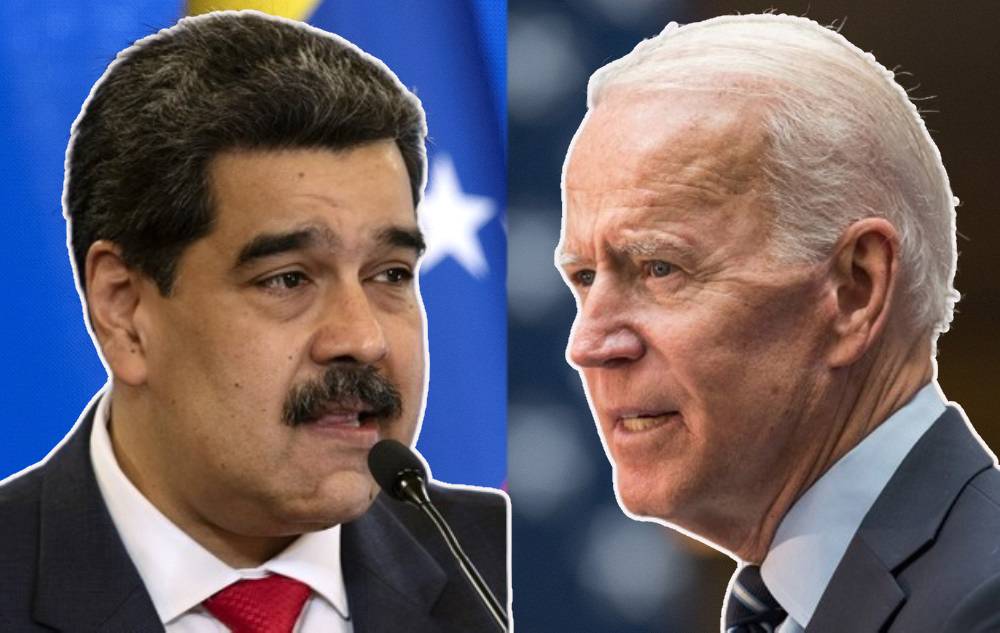|
Getting your Trinity Audio player ready...
|

- There’s a reason to be cautious about Maduro’s intentions as he has shown little tolerance for opposition, causing economic ruin and forcing millions to leave Venezuela.
- Whether Maduro genuinely allows fair elections or just benefits from oil revenue remains uncertain.
- The opposition, Venezuelan society, and the U.S. must hold him accountable; otherwise, the risky US plan may make things worse than before.
President Biden, along with Venezuela’s political opposition, is trying a new plan to deal with a country that used to be prosperous and democratic but is now struggling under a left-wing autocracy. It’s a big risk, betting that President Nicolás Maduro will allow fair elections if the U.S. eases some of the sanctions it imposed.
The goal is to bring back democracy to Venezuela and address the economic and social collapse that caused many Venezuelans to seek refuge in the U.S. However, there’s a worry that Maduro might not fully commit to fair elections and could just take advantage of the benefits. To prevent this, the U.S. needs to closely watch the Venezuelan government and be ready to reapply sanctions if needed – a real possibility.
On October 17, Maduro’s government and the Venezuelan opposition signed an agreement in Barbados, outlining a plan for free and fair elections next year. In return, the Biden administration lifted some sanctions, allowing Venezuela to sell oil in the U.S. again. This decision will bring in a lot of money for Maduro’s government.
However, there’s a crucial issue – María Corina Machado, chosen to lead the opposition, was blocked from running in June based on questionable charges. This could create problems in the upcoming campaign where Maduro is expected to run.
The deal emphasizes competitive elections and the right for each party to choose its candidate freely. Secretary of State Antony Blinken said the U.S. expects all candidates to be reinstated by the end of November. However, the chief Venezuelan negotiator mentioned that the deal doesn’t guarantee this.
Smartly, the U.S. made its sanctions relief conditional. In addition to allowing all candidates to run, Blinken insisted that Venezuela must start releasing wrongfully detained U.S. citizens and political prisoners. While five political prisoners were released after the agreement, three U.S. citizens remain detained.
Secretory Blinken warned that if Venezuela doesn’t stick to the deal, the U.S. will reverse its actions. This is important, but it can be tough to go back on eased sanctions, especially with pressure to control migration at the U.S.-Mexico border.
There’s a reason to be cautious about Maduro’s intentions. In the past, he showed little tolerance for opposition, and a United Nations report exposed severe human rights abuses by his security services. Maduro led unfair elections, causing economic ruin and forcing millions to leave Venezuela. Whether he genuinely allows fair elections or just benefits from oil revenue remains uncertain. The opposition, Venezuelan society, and the U.S. must hold him accountable; otherwise, this risky plan may make things worse than before.
(Srijan Kumar is currently pursuing a PhD in South Asian studies from Delhi University. He is a writer and a columnist for various digital media houses. Opinions expressed are the author’s own)
